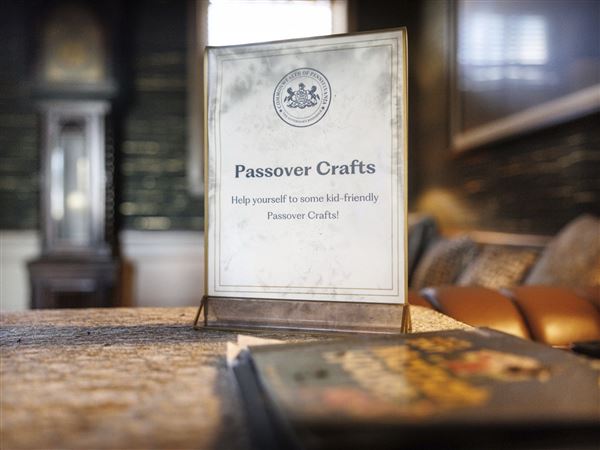America is being overrun by a social and speech crimewave, also known as political correctness.
This assault on the First Amendment of the U.S. Constitution affects all of us: professional comedians, teachers, aspiring and current politicians, public officials, newscasters, opinion commentators, and anyone engaging in casual conversations with family members, friends and strangers.
We must remain alert to any possible verbal slips which might reveal a bias against members of a large variety of demographic classifications, such as someone's race, ethnicity, religion, social class, country of origin, citizenship status, sexual orientation, gender identity, degree of intelligence, physical fitness and appearance, physical and mental health variables, nulliparous women, and more. Violations in their labeling are now punishable by the offender's immediate cancellation.
The author Kat Timpf is a cohost of the podcast “Gutfeld!”, a Fox News contributor and a professional comedian herself who claims to have quit stand-up work at least three times so far. In "You Can't Joke about That" she humorously points out the valuable benefits of joking and talking about the ever-expanding list of taboo topics.
Broadside Books ($29.99)
Comedians especially must be careful to avoid “crossing the line” because they fear losing audiences and further bookings. One problem, though, is that the line is typically a moving line. What is OK today may be explosive tomorrow. Some comics will no longer perform on college campuses because of the increased danger of offending students and parents with newly formed fragile sensitivities about the currently acceptable or unacceptable words and topics.
English comedian Ricky Gervais insists that just because you or someone else is offended by a speaker's joke or statement doesn't make it wrong. Some professional comedians have been pressured to apologize publicly for a joke or comment that many people disliked. Some have simply refused; some have done so with limited sincerity; while others have quickly and clearly capitulated.
Timpf's position in her new book is bold, rational and unique. It is best revealed in her own words:
“Openness and humor absolutely need to break free from the constraints of fear and cultural censorship. It's so important for all of us, both individually and as a society. The darker the subject matter, the greater healing that laughter can bring, disarming the darkness and making the people who are feeling isolated by their trauma feel less alone.
“ The truth is, anyone who has ever said, 'You can't joke about that!' isn't just annoying and wrong; they are also causing real harm — robbing joy, healing, and connection from the people who need it the most.”
She also speaks about the power of laughter:
“It isn't just that we can joke about life's most awful things, it's also that we should. Humor, after all, does have extraordinary healing potential, and the last thing we should be doing is limiting the possibilities for healing among the people who need it the most.”
How should we regard jokes or comments that are questionable? Timpf advises that the standard should be the speaker's intention.
“If someone says something that offends us, but their intention was humor, then we should respond far differently to that than we would if the person intended to be cruel,” she writes.
This is a very helpful suggestion and would be a real contribution if our society would begin to apply this guideline.
What about truly serious subjects like breakups, terrible accidents, close friends or family members in the process of dying, and death itself? Timpf cites research evidence that using humor is “appropriate and beneficial to patients, their relatives and professional caregivers.... Treating seriously ill patients is best when you treat them as if they were perfectly healthy.”
Our most serious errors are suppressing the truth and pretending it is not present or important. “Societal policing of levity and humor limits our ability to heal, or worse, to make connections with one another through our shared life experiences.
“ ... Candid communication and humor are more than just excellent coping mechanisms. They're also amazing tools for bringing us together.... Candor and comedy really do connect us as humans.”
Timpf's messages call for a major shift in how we as a society think about humor and how we use it in negative life situations. We risk losing the opportunity to achieve the multiple positive goals available from the constructive use of humor bringing us together. That joking, in fact, is indeed the moral and respectful high road for coping and mutual understanding.
Let's try more punchlines and less emotional punching.
Louis R. Franzini is graduate of the University of Pittsburgh, an emeritus professor of psychology, and an occasional stand-up comedian. He has published his research on humor making and two books, “Just Kidding: Using Humor Effectively” and “Kids Who Laugh: How to Develop Your Child's Sense of Humor.”
First Published: August 21, 2023, 9:30 a.m.
















